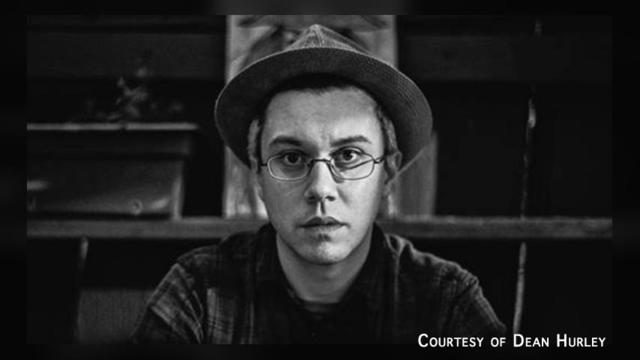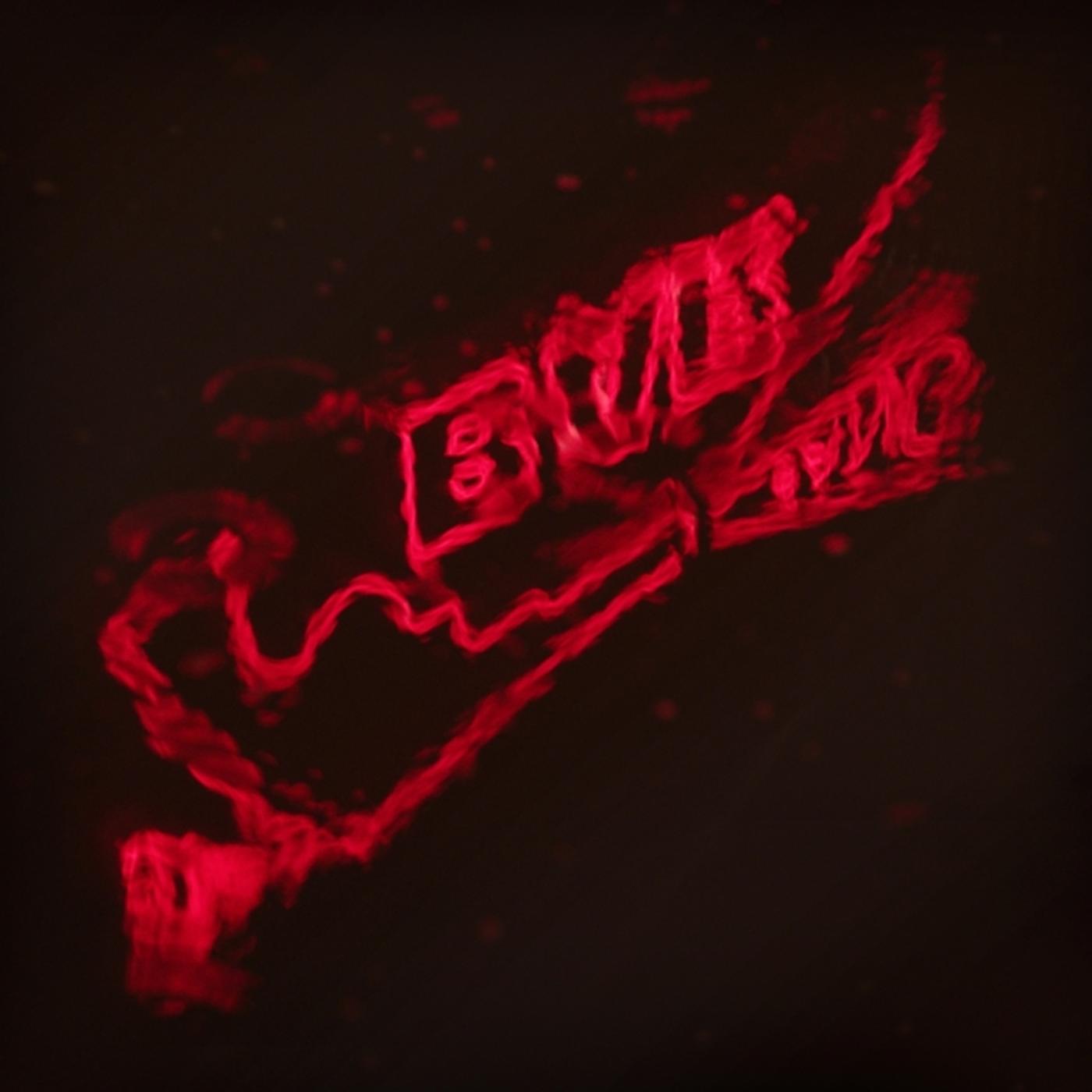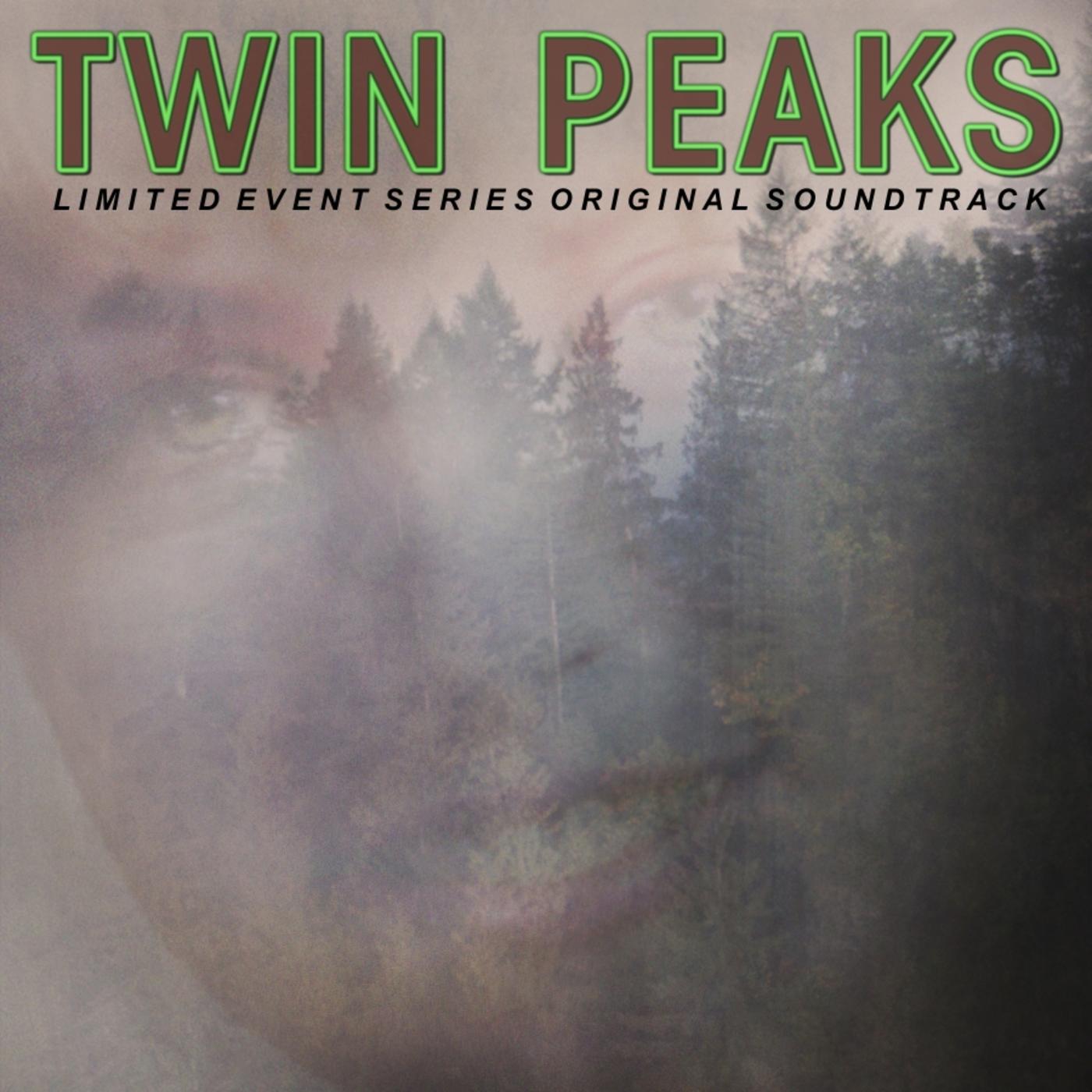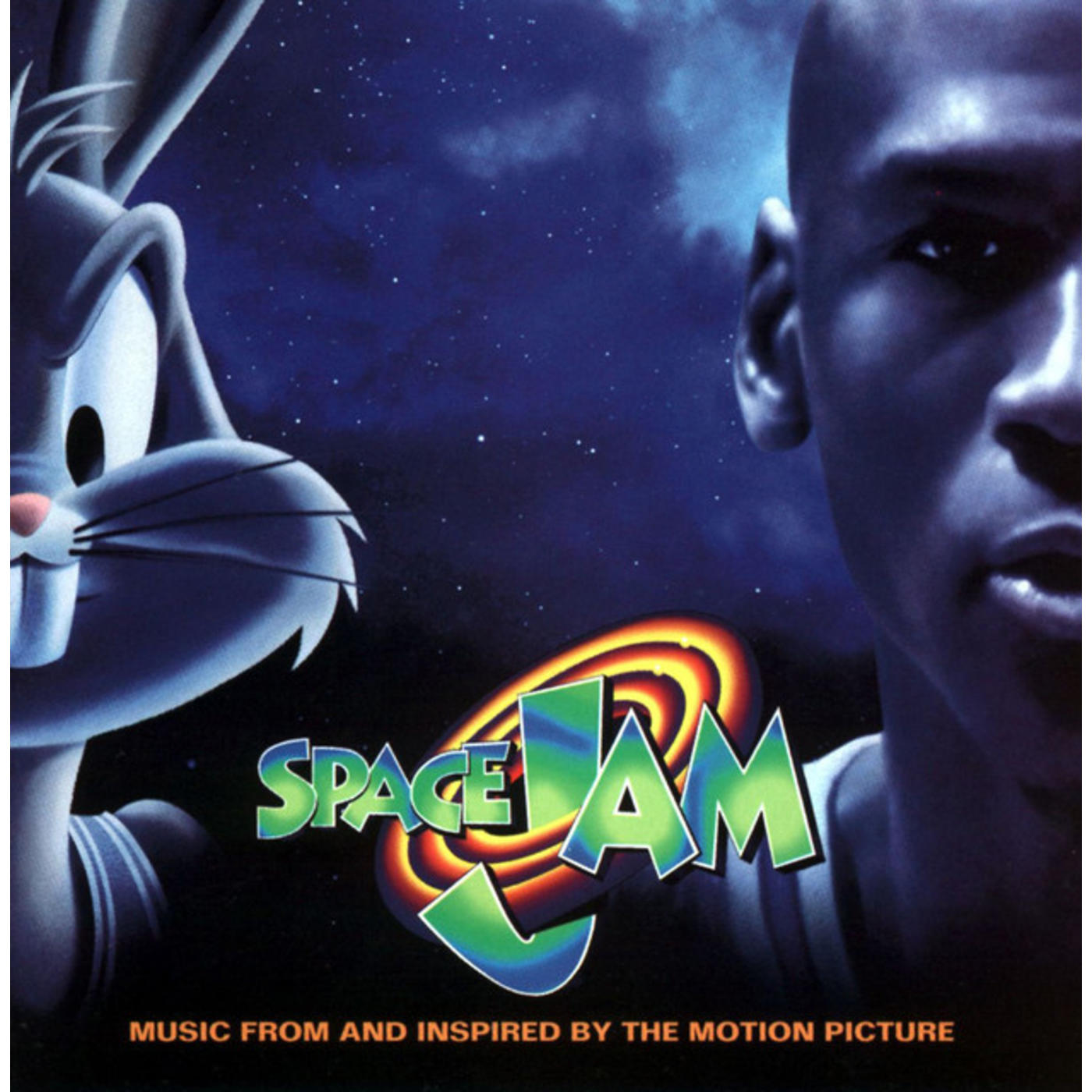Twin Peaks: An Interview with Music Director Dean Hurley

When it comes to the world of Twin Peaks, there’s no question that anything and everything that appears within the series is something that’s been given the go-ahead for inclusion by David Lynch, but it’s particularly true of the music. That said, there’s another gentleman who has a fair amount to do with the sounds of the show, and that’s Dean Hurley, who – having worked with Lynch for 12 years now – probably has as much insight into how Lynch’s mind works as anyone. (This, of course, is to say that he doesn’t know how it works, either.)
On September 8, Rhino will be releasing two soundtracks for Twin Peaks:
- TWIN PEAKS (MUSIC FROM THE LIMITED EVENT SERIES)
- TWIN PEAKS (LIMITED EVENT SERIES ORIGINAL SOUNDTRACK)
Both soundtracks will be released digitally and on CD, and they’ll also be issued on double LPs as well, though those won’t hit record store shelves until September 22. But don’t get bummed out by that brief delay: better you should cheer up and read Rhino’s conversation with Hurley, where we talk about his experiences with the soundtracks, the series, and more.
Rhino: I have to say, I just watched Part 8 of the show. Mindboggling.
Dean Hurley: It was pretty wild, yeah!
It was also fortuitous, as it gave me an opportunity to ask about Nine Inch Nails straight away. David’s obviously worked with Trent before, but do you know if he always had plans to involve him in this particular project?
Yeah, I think so. As I mentioned in another interview, David’s concept with this show in particular… Before they started filming, he said, “I want to have X amount of bands,” and he had a number of bands he wanted, and then there were some blank areas of filling things in. But one of the ones he wanted… He said, “I’d really love Trent to do something.” And, of course, Trent has so many different outlets—How to Destroy Angels, Nine Inch Nails, the soundtracks he’s doing with Atticus—that it kind of didn’t matter to David what it was. He just wanted Trent to be involved and do something. And they sent that track over, “She’s Gone Away,” and at a certain point it was, like, “Okay, this is going to be considered Nine Inch Nails.” And I was stoked. [Laughs.] Just because of the legacy of that. As you’ve seen through some of the series, there’s so many big tropes and themes, and actors who’ve been in all of David’s work, making appearances, and it’s a neat kind of summation of all of his legacy and the people he’s worked with, including Trent.
I posted on social media after the episode, “Clearly the Road House has the best booking agent ever.”
[Laughs.] I don’t even know how to answer that, if it’s actually supposed to be Nine Inch Nails as we know them, which is why when the announcer announces them as “The Nine Inch Nails.” Which was a total accident. But both David and Trent were, like, “Yeah, let’s keep it like that!”
That was fantastic. I laughed out loud. And in my heart, I think I knew it wasn’t intentional.
Yeah, I think there’s something that happens in film: when something’s earnest, you can sort of sense that, as opposed to somebody trying to be on-the-nose funny about it.
So what’s involved in the music selection for Twin Peaks? I presume the process is enigmatic, as befits a David Lynch project.
Yeah, it’s definitely a lot of finding your way through the dark. I’m imagining that, with a lot of projects, the director goes in with key sequences where he says, “I want to use this or this,” but then there’s a lot of unknowns and a lot of room for discovery, which is the big part of David’s process, where you try things and you kind of throw things at the wall and see what sticks. So in that sense, it’s a lot about me lining him, feeding him firewood, giving him folders of music and saying, “Here’s something that could work here, here’s something that could work there, see what you think.” But a lot of it is David in his office, on the Avid himself, trying things. And sometimes last-minute cues get added in the mix proper, when we’re on the stage. But he really particularly has enjoyed being in front of the editing software himself and throwing things in and seeing how it works.
In regards to the bands that have been involved… I mean, it’s almost not even a surprise to be surprised by David, but it seemed like it was going to be a recurring thing to have the bands playing over the closing credits, only for that regularity to go by the wayside.
Yeah, it’s interesting watching people’s reaction to it, because I think that happens when things are teased out: you have the few morsels in front of you, like, “This is what I can expect, because this has happened like this a couple of times, so this must be the trope.” That’s the interesting thing about his brain: he doesn’t think that way. He doesn’t try to anticipate what other people are anticipating. I think there’s a David Bowie quote that says, “The happiest I’ve been is when I’m not thinking about my audience.” Something like that. He has no rules when he’s making this stuff, and it’s refreshing. And it can be a lot of cartwheels in the process of trying to figure things out, because it’s hard to anticipate what he’s thinking, but overall the no-rules thing is incredibly liberating.
I can only imagine. I’m sure you’ve seen the various things people have posted, but my favorite was someone saying, “That 2-minute floor sweeping scene has got to be the weirdest scene on TV ever,” followed by David saying, “Hold my coffee.”
[Laughs.] Yeah, there’s a lot of tonality changes and shifts and turns happening. It’s kind of cool to see it play out in slo-mo, because, man, working on it, it’s totally different. It’s such a different experience, where you’re just kind of… Well, me personally, I’m just kind of feeling my way around in the dark and not knowing how or what, and then things start to come into focus, and then you’re, like, “Whoa, okay…”
Yeah, I was going to ask about that. At first I thought you might have an advantage, given that you have to get the music together for the episodes, but do you actually get to see the episodes when you’re selecting the music?
Oh, yeah. I’m not only involved in the music process. I’m basically in sound editorial, and I’m mixing all the episodes as well. It’s like straddling the sound and the music departments. I’m seeing it come together from watching dailies come in and I’m seeing that whole process. And while they’re doing principal photography, there’s a picture editorial team assembling as they shoot, so you start to see these… [Hesitates.] It’s like you’re weaving a sweater, and each day you come in and see that another few rows have been weaved, and you’re seeing it evolve and mutate and take different forms, and things get switched around. It’s a very cool process to witness. Some things get switched out. You’ll see it one day with one thing, and then the next day the decision’s made to remove it and play it a different way. It’s an organically mutating process. You’re seeing the end result, but the process… It’s kind of strange, you know?
Strange and wonderful, I’m sure. Is there ever a case where you have a music selection and David’s response is to say, “That’s too obvious, too normal, people would expect that”?
Well, he doesn’t really talk in those terms. He’ll just go, “Ahhhhhhh, I don’t know…” Most of it is just finding stuff for him to get excited about. The music is definitely… There’s so many different facets and angles to the music in the show, where we have these pop pillar moments where the band is performing for a visual thing in the Road House, and those are big moments. For moments like that, for the bands that we sought out and found to get involved, it was really about getting David excited about them. When I played some options for him, it’s not, like, “Yeah, that’s okay, let’s use that.” For most of the selections, he’s all in. He gets excited about it. Like, “I love this! We’ve got to use this!” That sort of thing. So it’s about finding the things that he hasn’t found already for him to fall in love with and have a moment where he has that spike of emotion and goes, “This is good! Let’s find a place for it!”
That’s got to be pretty awesome to witness that, to see it wash over his face.
Oh, yeah. I definitely live for it. [Laughs.] And he does it to me, too. He’ll hear things on the radio, and he’s, like, “Look up so-and-so. You’ve got to hear this!” And I’ll listen to it, and I’ll try to listen to it through his ears and hear what he’s hearing, what he’s responding to, and even what he wants to incorporate. If it’s a guitar sound or an echo slap on a vocal. Because a lot of times when we’re working on our own music, he’ll be, like, “Can you put the John Lennon sound on it?” And over time I have to know what that means.
What does that mean?
[Laughs.] The John Lennon sound for him is definitely a vocal echo effect. It’s, like, a 114 or 112 millisecond flap delay, and then mixing in a little bit of something they invented for John Lennon, which was called the ADT, the automatic double-tracking. The engineers at Abbey Road had to basically pull this technique out of thin air with micro-delays to make it, because he loved the sound of his voice double-tracked, but as far as I’ve come to understand, maybe he was a little bit impatient or lazy, where he wanted to be able to sing and hear the double track before he had a chance to even spend the time to double-track it. So he was constantly searching new vocal effects, like singing through the Leslie speaker on “Tomorrow Never Knows” and all these things because apparently he wasn’t that thrilled about the sound of his voice and was always kind of looking to mess it up. So I think with his vocal sound, there became so many different tricks and effects used on that, because he was looking at creating something otherworldly that was out of body and not himself. Like us, when we hear our voices, we cringe and go, “That’s what I sound like?” Apparently he was the same way!
Since you’re doing sound editing for the show, perhaps you can speak to this: when we heard Evil Cooper talking to Gordon, it sounded like his voice has been modulated somewhat. Was that your manipulation?
Yeah. It was definitely David’s idea. But I think that’s a great example of him kind of… You know, there’s certain things that you’re tuned into when you’re on a set and you’re directing a scene, and there’s certain tools that you can tweak and manipulate. You can tell an actor to read it slower. You can pace things out a certain way. But then through the editorial process there’s more available, because you can push and pull time more. And in the mix, there’s even more available, where you can actually drop a few semitones of voice and just be able to do more and more things to kind of get closer to—in this case—what he’s feeling that the scene needs to convey, which is that something’s not quite right, something’s off-kilter. So he’s constantly doing more than anyone else that I’ve ever seen work, doing these things at every stage of the game that just pulls a scene more in the direction that he wants to go. And when you have more of an understanding of all those different stages and what can be done, that’s when you get this kind of super-creative, playful approach to the material, because he’s constantly tweaking. You know, nothing is just straight ahead. It’s always got a little bit of tilt to it.
It’s obviously hard to talk but so much about the soundtrack, given that we won’t know the full track listing until all of the episodes have aired.
True, although we do have a fair amount out there now. In this week’s episode, in the scene where the giant is levitating, and you have the senorita with the golden ball, it’s scored with this amazing piece by Angelo. That’s on the soundtrack. We’re trying to keep the soundtrack curated to these landmark moments in the show, but there’ll be two soundtracks: one with a lot of the Road House performances and needle drops from the show, and then the other one will be more of a score, a moody instrumental experience. But they’re both filled to the brim!
Do you have a favorite band or artist who’s appeared on the show to date?
Well, I really like Sharon Van Etten’s appearance. There’s something about her appearance there where she really makes it feel real. Her on-point lip-synch really kind of sells the authentic Road House performance and intimate vibe. When she was shooting that scene, she even whispered to me bashfully, “You know, this is so weird: in my song, I say the line, ‘Send in the owls.’” And I think she said she wrote the song while she was in a Twin Peaks fever years ago, watching the series. I was just, like, “Holy shit!” [Laughs.]
There’s so many of the other bands who were brought into the fold, like the Cactus Blossoms, who had a similar story. I think while they were recording their album, there were a couple of tracks where their producer, J.D. McPherson, even kind of tried to throw in David’s name as a touchstone for style and mood, and they’re, like, “Yeah, make it a little more David Lynch!” And I think they even said during the recording that they were, like, “Do you think David Lynch would ever even listen to these songs?” All these synchronicity moments with the fate of all these songs coming together, and how intricately connected they all are… It’s really kind of staggering.
To touch momentarily on a non-Twin Peaks topic, how did you enjoy the experience of remixing a Duran Duran song?
That was cool. That was really cool. I think that was in 2010, and I think it was one of the first remixes that David and I started to do. And David really loved it. He really got bit by the remix bug and was, like, “This is fun!” Because you can take a song’s structure and really turn it on its head and have a chance to do different things. He loved the experience. We did a number of remixes after that, but…the feedback we got from the Duran Duran camp was, like, “Yeah, normally we hate all the remixes that are done for us, but we didn’t hate this one.” [Laughs.] That’s a major triumph!
Lastly, do you ever still find yourself once in awhile going, “I can’t believe I work with David Lynch”?
You know, it’s hard not to believe it because I’ve been working with him for 12 years now. [Laughs.] But I do have to say that there are moments where I return to a fan position, where I can appreciate what’s being made, and this project definitely had a number of those moments. Just dealing with these musicians and being able to stand in the Road House… The art department did a phenomenal job recreating it, and it’s just so weird to be standing there!
I was the drummer for David’s son Riley’s track that was used in the show (“Snake Eyes”), so that day hanging out and shooting that… You’re walking around, and there’s prop tips, dollar tips in a jar in the bar. I thought it was real money, but I pulled it out, and… “Damn!” [Laughs.] It really looks real, you know? So it’s just these really cool moments that flip your perspective on its head and allow you to re-enter that world. I think a lot of people on this project had that. But I admit it: I’m a big music fan. So just to see all these people come together and perform was awesome.
And I love it particularly when Angelo and David work together. I feel like, when I see them working together, it is magical. I mean, I’ve had a similar working relationship with David, but I have nowhere near the talent that Angelo has! [Laughs.] So when I see them work together, it’s like an organism of one person making this music that is the two of them together. And it’s awesome. I mentioned in another interview that they were working together through Skype, but it was still super cool to just see a conversation give birth into this music cue. I’m sitting there listening to it, and I’m, like, “How does he do it? How does Angelo do it?” He’s just so talented. I mean, we’ve had a couple of his cues already, and of course there’s his music from the original series, but it’s incredible. And there’s more to come! The soundtrack is definitely going to be a cool showcase for his stuff. And those original soundtracks, they’re just like wine: they only get better over time.
My only regret is that Jimmy Scott isn’t here to contribute to the soundtrack to the new episodes.
Oh, yeah. That would’ve been amazing.
Although I will say that the fella who introduced “the Nine Inch Nails” (J.R. Starr), for half a second, I thought it was Jimmy Scott!
He did have that vibe, yeah! I hadn’t even thought of that. That guy was a character! [Laughs.] He was a really cool guy. Hopefully somebody will watch the series, and… I mean, it’s kind of a no-brainer, but will somebody please just build the Road House for real and book those acts and give that guy a full-time job? Because that would be an amazing club to go to.
For more information, click the buttons below:



